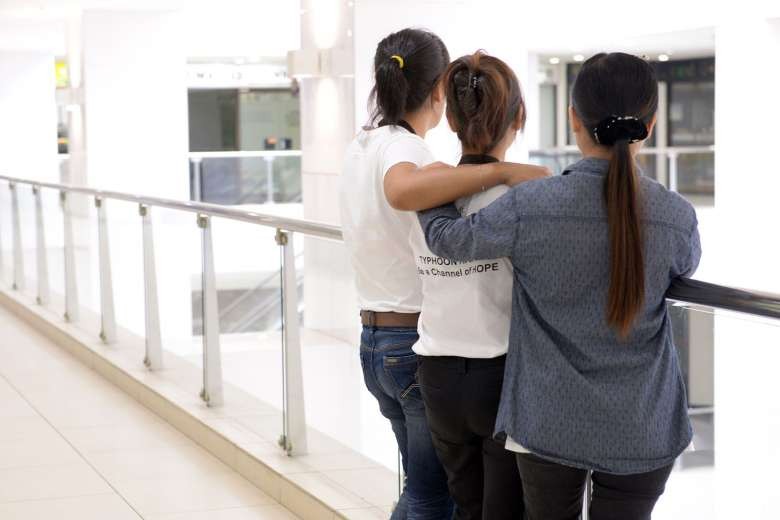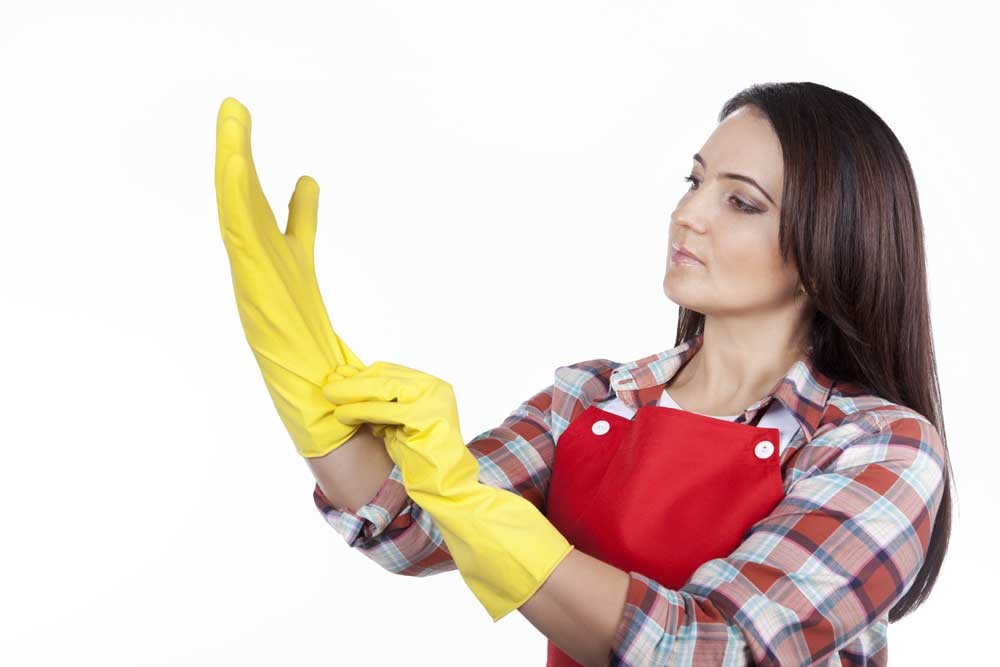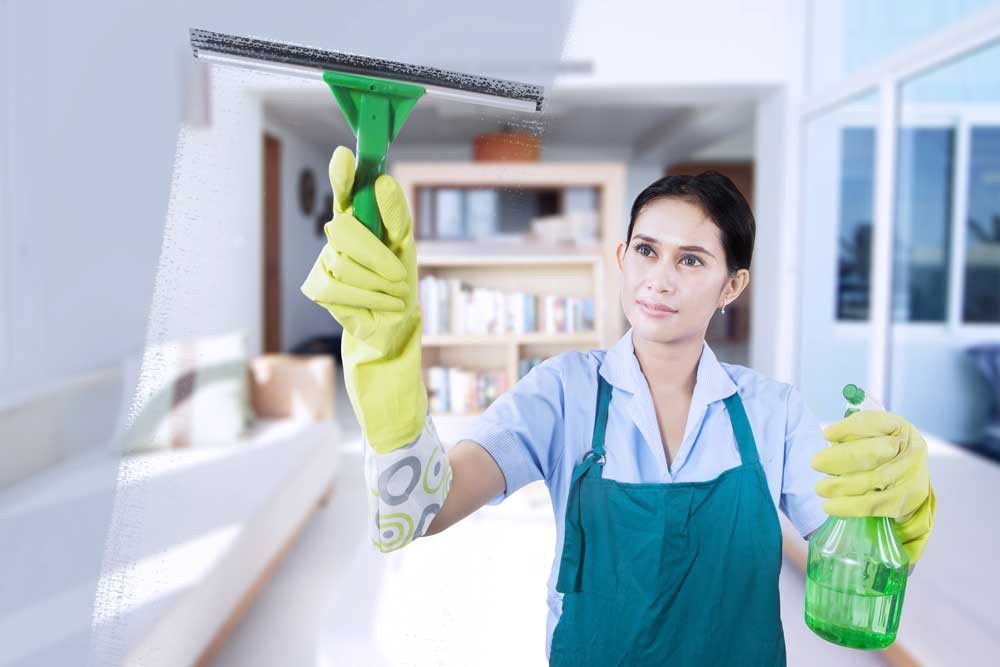Do you know that most accusations made against foreign domestic workers by their employers in Singapore do NOT actually lead to criminal charges being filed?
According to an article by ChannelNewsAsia, a recent report by the Humanitarian Organisation for Migration Economics (HOME) studied 100 cases where maids had to stay at HOME's shelter while being investigated, and found that only 18% led to formal charges.
The Reality
While the accusations rarely result in convictions, the report highlighted how maids "suffer heavy consequences" just by being accused.
They are often forced to leave their employers' households immediately and spend months staying at shelters or with their agents while investigations are ongoing.
During this limbo period of indefinite duration, they are also not allowed to work.
The Power Imbalance
HOME stated the findings expose the "amount of power" employers wield over their domestic helpers' circumstances and wellbeing.
Simple accusations, which require little proof, have the potential to derail a maid's livelihood and future job prospects in Singapore.
For a low-wage worker supporting families back home, such disruptions can be catastrophic.
An Unfair System
The report argues domestic workers are subject to different norms within the justice system due to their "unique precarity" as work permit holders.
Once accused, they are essentially rendered "detention" by having to stay at shelters and not being allowed to work or change employers.
This contrasts starkly with how the system treats Singaporean residents accused of crimes.
Easy to Accuse
Among the cases studied, theft was the most common allegation at 71%.
However, HOME noted these were typically "petty" in nature, involving insignificant items or small sums like $10.
Yet the threats of police reports and imputations of being a "thief" carry immense weight against women working in private household settings with little oversight.
Revenge Accusations
Alarmingly, one-fifth of the accusations studied were made by former employers against their maids after they had already left and sought refuge at HOME's shelter.
The "timing" and "nature" of such belated allegations "suggest" they could be acts of retaliation by disgruntled employers.
An Egregious Case
HOME cited the high-profile case of Parti Liyani, a former maid convicted of stealing from her employer's family before her conviction was overturned in 2020.
She ended up spending 4 years unable to work while assisting investigations, only for the judge to find she was likely accused in retaliation for threatening to report her employers.
A Maid's Perspective
"It's a very scary feeling when your employer accuses you of something you didn't do," shares Filipino domestic helper Ana (not her real name).
"My ex-employer used to threaten me by saying she could easily call the police and get me jailed or sent home anytime. We feel so powerless. If we lose our jobs here, it means we can't support our families back home. So we just have to accept the accusations quietly and hope for the best outcome."
The Need for Empathy
Such testimonies reflect the immense power imbalances and lack of recourse maids face when leveled with accusations.
As HOME rightly argues, more empathy is needed to understand the "unique precarity" of a domestic helper's position.
A New Approach
To address these systemic issues, HOME recommends allowing accused maids to keep working while assisting investigations instead of being relegated to shelters and special passes.
Those issued warnings should also still be allowed to seek employment.
The group also suggests giving maids third-party housing options and the ability to change employers without consent after their contracts end - two reforms that could empower them against "revenge" accusations.
Search for Your Ideal Maids with SearchMaid
At the end of the day, both employers and maids should approach their working relationship with empathy, open communication and mutual respect.
Established platforms like SearchMaid can facilitate this by ensuring fair employment terms and proper match-making between parties.
A compassionate approach from the start goes a long way in preventing conflicts, misunderstandings and unhappiness that could lead to damaging accusations and abuses of power.
Every home should be a safe haven, not a house of accusations.
Source: ChannelNewsAsia article






